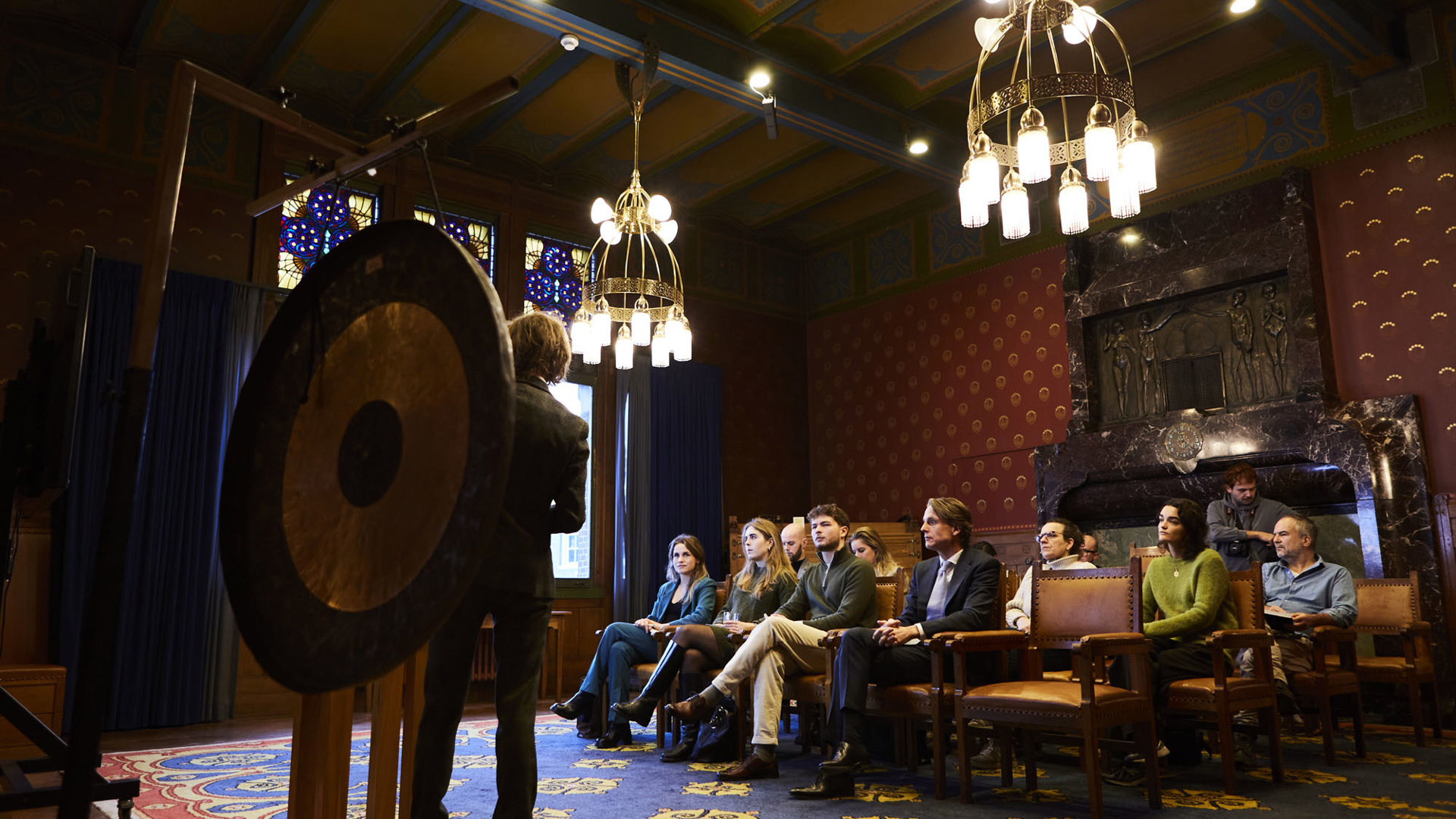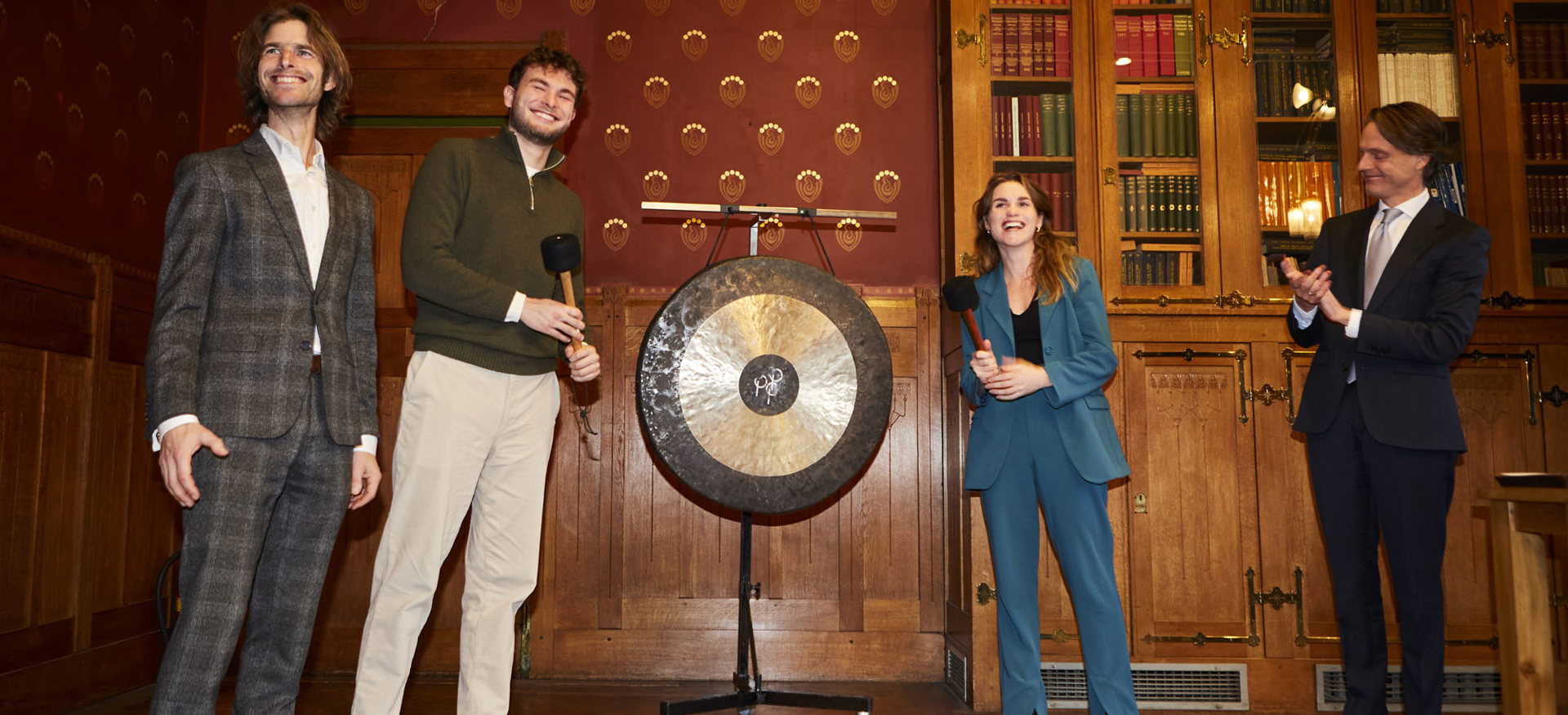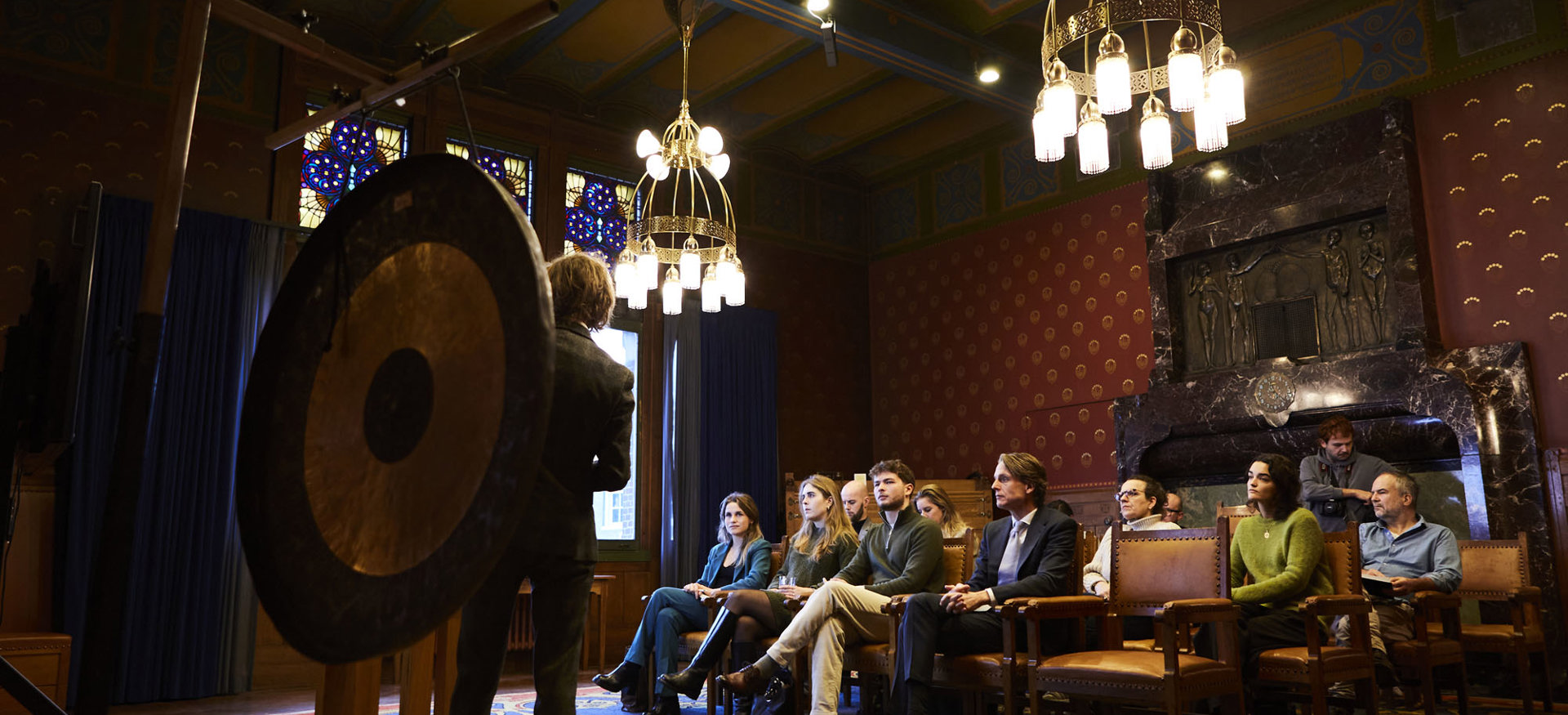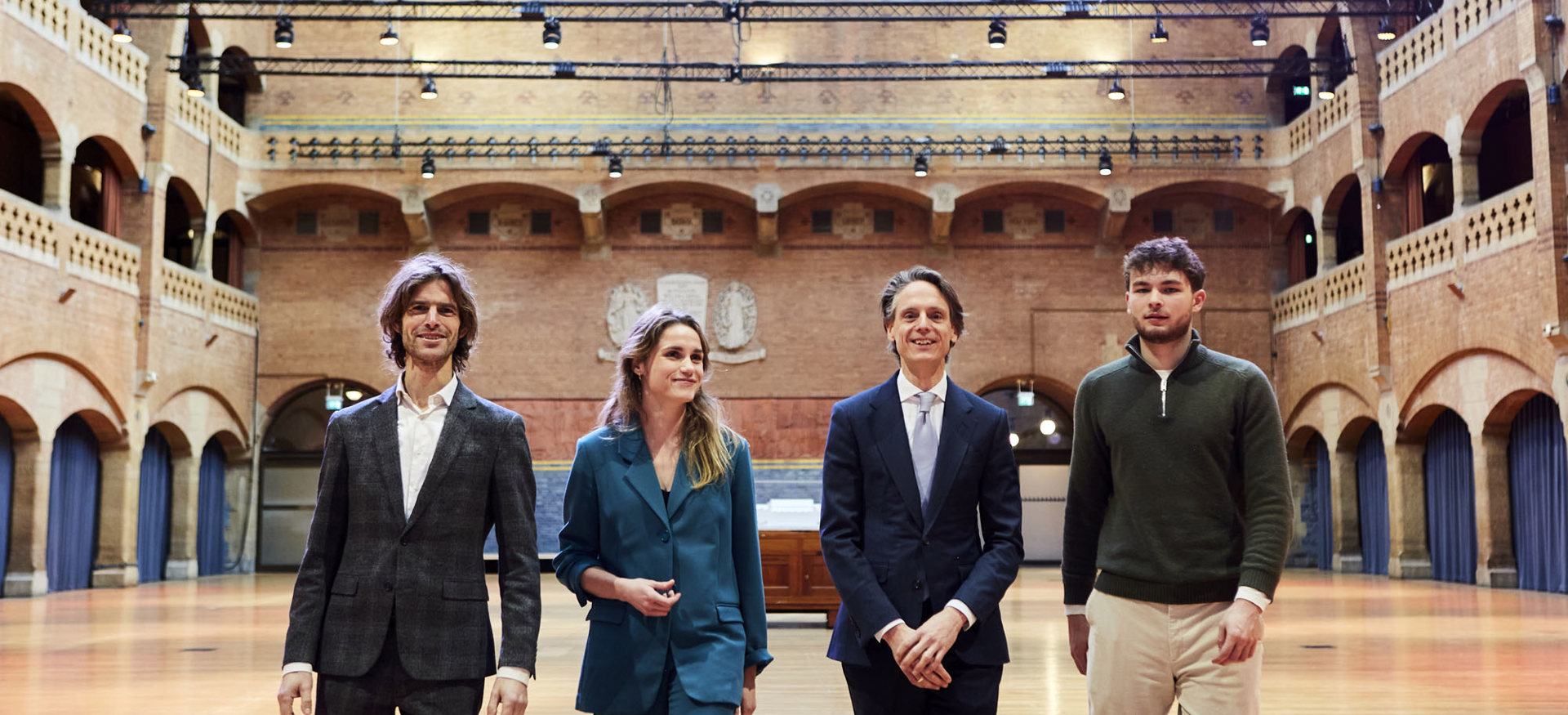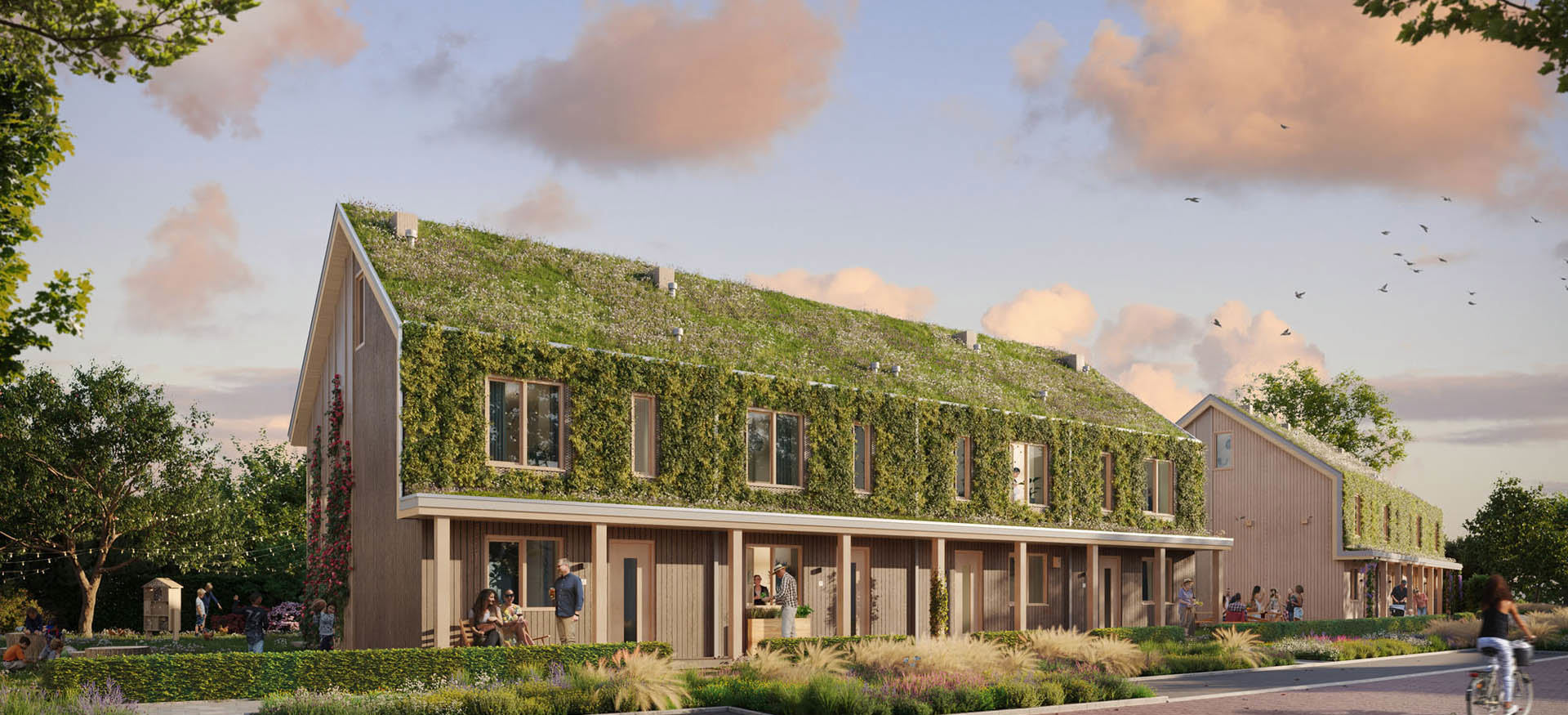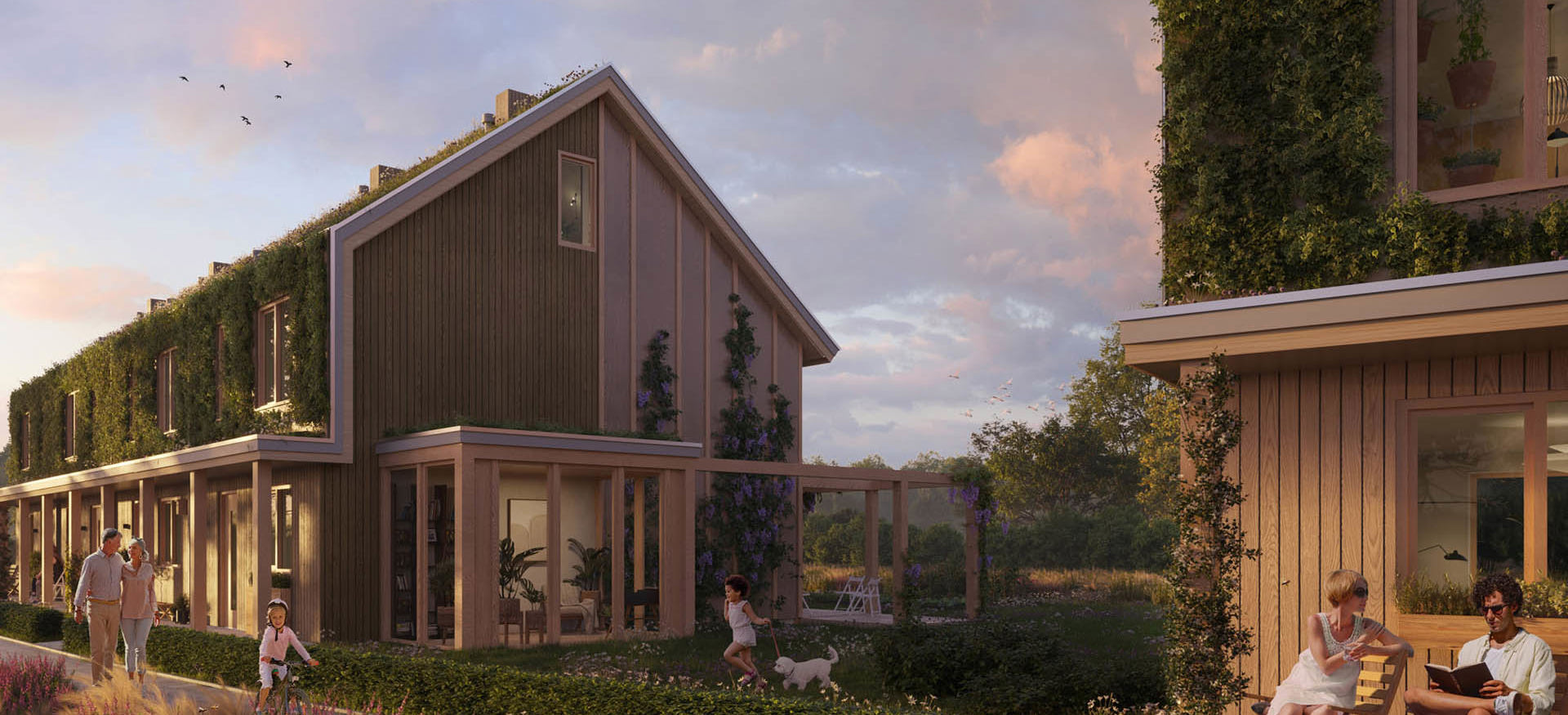- 12/6/2023
Ballast Nedam Development becomes the first construction and development company in the Netherlands to offer CO₂ storage in its housing projects, marking a historic moment for the construction and real estate sector. The company is achieving this with the assistance of the Climate Cleanup Foundation. The first project announced today by the company is the 'Natuurhuis' (Nature House), a 'climate-positive' project: it stores more CO₂ than the entire construction process emits.
Fighting Climate Change Through Construction
Ballast Nedam Development, in collaboration with the Climate Cleanup Foundation, has taken the first step today to financially incentivize CO₂ storage in its housing projects. These projects utilize 'biobased' building materials such as wood, hemp, and straw. During their growth phase, these crops absorb CO₂ from the air, and once processed into building materials, they store that CO₂ for over 100 years. By assigning a monetary value to this CO₂ storage, climate-positive construction projects can compete with projects using polluting materials such as traditional concrete and steel. This increased demand for biobased materials allows the biobased industry to scale up, facilitating a transition of the entire construction sector, which currently accounts for 11% of global CO₂ emissions, to a sector that annually removes tons of CO₂ from the air. This approach can help mitigate climate change through housing construction.
Preventing a CO₂ Lockdown
Building enough homes within the boundaries of the planet is the challenge that will define the future of the construction sector. If we continue building at the current pace, the CO₂ budget for Dutch construction will be exhausted by 2027. At that point, the entire housing construction could come to a halt, similar to what happened during the nitrogen crisis. The construction and real estate sector must prevent this by doing more than just reducing emissions: climate-positive construction must become the new standard. With 13% of the Dutch economy, the construction and real estate sector is the perfect engine for removing CO₂ from the atmosphere and storing it long-term in biobased building materials, which can also be grown in the Netherlands. This approach allows farmers and builders to collaborate on positive climate impact.
Calculating CO₂ Storage
To establish biobased construction as a reliable and versatile climate solution, Ballast Nedam Development is participating in a research project by the Climate Cleanup Foundation. This project determines the amount of stored CO₂ in biobased buildings, certifies it, and assigns it a financial value based on European and international guidelines. This CO₂ is then guaranteed to be stored for over 100 years in biobased materials. Only construction projects with a positive impact on biodiversity, health, and circularity can obtain a CO₂ storage certificate and assign a monetary value to CO₂ storage. Revenue is generated by selling (partial) certificates to buyers who want to invest in nature-friendly, long-term CO₂ storage, such as to offset their own unavoidable CO₂ emissions. All transactions are recorded in a public register, ensuring that every euro goes towards clearing CO₂.
For more information about the credits: www.constructionstoredcarbon.org

